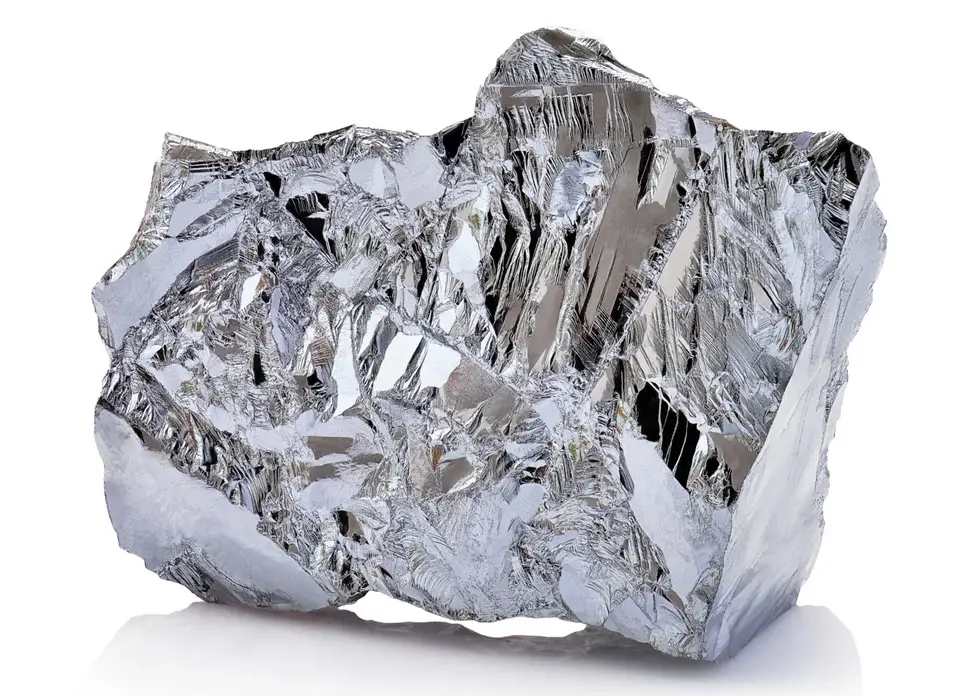Nickel is a metal with many uses and has been around for thousands of years. But is it a precious metal? The answer may surprise you.
Is Nickel a Precious Metal?
No, Nickel is not precious metal. Nine precious metals are iridium, rhenium, ruthenium, rhodium, palladium, osmium, platinum, silver, and gold. Nickel does not have high commodity price levels, such as precious metals.

Nickel is an element on the periodic table with an atomic number of 28 and an atomic weight of 58.6934 (atomic mass units). It is silvery-white in color and has relatively high melting points compared to other metals. Nickel is also malleable, ductile, and highly resistant to corrosion and oxidation. Because of these properties, nickel has become widely used in many industries like aerospace, defense, medical equipment, jewelry, coins, batteries, and more.
Nickel features
- Corrosion resistance: Nickel has good corrosion resistance, making it useful in harsh environments and for applications that require corrosion resistance.
- Ductility: Nickel is ductile, making it easy to form and shape into various products.
- Strength: Nickel is a solid and hard metal, making it suitable for structural applications.
- Electropositive character: Nickel is electropositive, making it useful as a catalyst and electroplating.
- High melting point: Nickel has a high melting point, making it suitable for high-temperature applications.
- Magnetic properties: Nickel is ferromagnetic, making it useful in magnetic applications such as electric motors and generators.
- Versatility: Nickel can be used in various applications, including corrosion-resistant alloys, electrical and electronic applications, and catalysts.
- Biocompatibility: Nickel has biocompatibility, making it suitable for medical implants and devices.
Despite its popularity in many industries, nickel is not classified as a precious metal, as mentioned above. Precious metals generally include gold, silver, and other rarer varieties like palladium and platinum. These types of metals are usually characterized by their rarity or value relative to other metals, so they are often sought after by collectors or investors looking for long-term stability in their investments. While nickel does have some valuable properties, as described before, it does not possess the same level of rarity or value that precious metals do, so it’s considered a base metal instead of a precious one.
That said, nickel can still be profitable when mined since there are various ways to use this metal in different products or industrial processes, such as coins, jewelry, or electroplating. Due to its corrosion resistance, Nickel is essential in stainless steel production. It is precious for construction industry applications and numerous other industrial ones, including automotive parts and turbine blades. Strength and durability are essential qualities needed for a successful product line.
So while nickel may not be classified as a “precious” metal like gold or silver, it still holds considerable amounts of value due to its widespread use across numerous industries, which makes it an attractive option for investors looking for stability over time even if they aren’t able to reap the same potential returns from gold or silver investments alone.
If you like bills and coins, you should learn more about Gold and Silver IRAs. You can protect your retirement fund if you invest in IRA precious metals. Investors with gold IRAs can hold physical metals such as bullion or coins. Get a free pdf about Gold IRA.
GET GOLD IRA GUIDE
If you do not want to own them in physical form precious metals, you can trade gold, silver, and metals as CFD with the minimum commission:
























